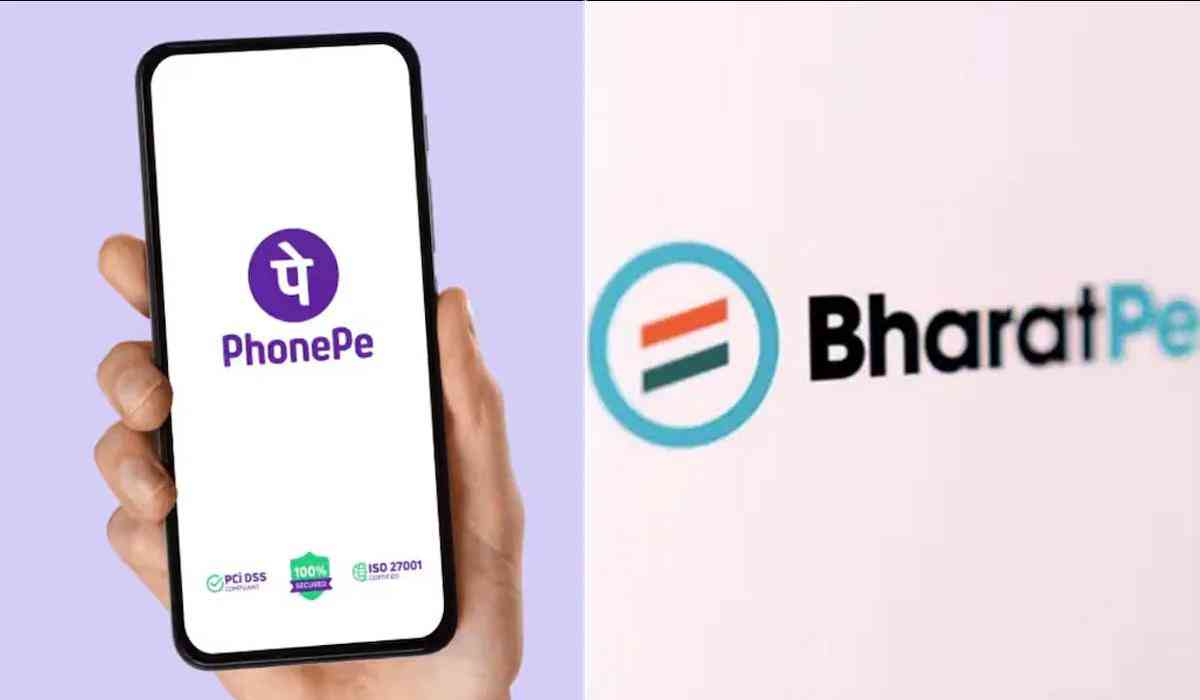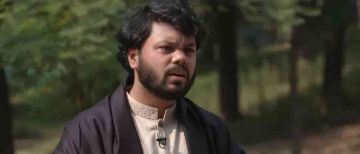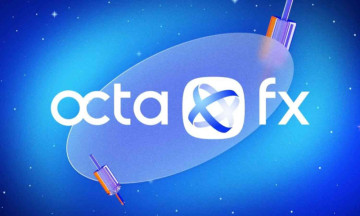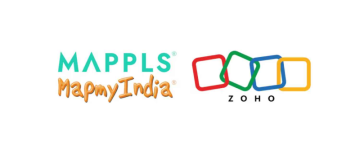A trademark can provide critical protection against competitors that copy a great business model without recompense. Trademark infringement is a common occurrence in business. While not all businesses will take legal action to defend their trademarked goods or services every time it occurs, they do so frequently enough to provide some guidance.
A major factor in the growth of digital marketing is trademarks. One needs to have a strong internet presence whether they are the owner of an established company or have startup ideas. Your potential consumer will typically look online for your product or service first. If your website is reasonably straightforward to find and browse, this will significantly boost your chances of making a sale.
BharatPe and PhonePe’s long-standing dispute
Fintech companies BharatPe and PhonePe have finally settled all long-standing legal disputes related to the use of the trademark suffix "Pe." The settlement marks the end of a five-year legal battle that had been ongoing across multiple courts. In 2018, PhonePe issued a cease and desist notice to BharatPe, directing them to stop using the brand name BharatPe with "Pe" written in the Devanagari script. Tiger-Global-backed BharatPe subsequently stopped using the format and switched to using "BharatPe" only for its services.
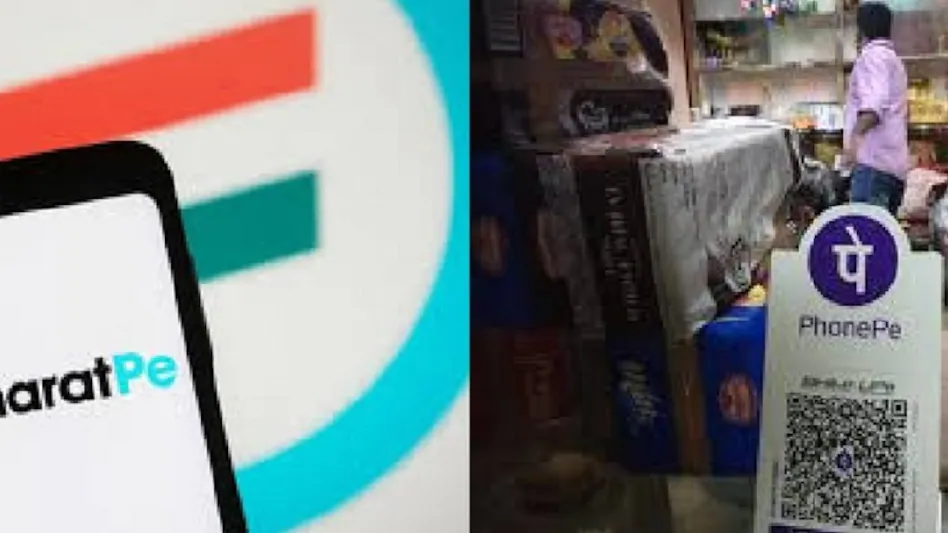
“This is a positive development for the industry. I appreciate the maturity and professionalism shown by the management of both sides, working closely to resolve all outstanding legal issues and moving ahead to focus their energy and resources on building robust digital payment ecosystems,” said Rajnish Kumar, Chairman of the Board, BharatPe.
Later in 2019, PhonePe filed a lawsuit against BharatPe in the Delhi High Court, claiming that it had infringed on its registered trademark "PhonePe." The case was dismissed, and the court refused to grant an injunction against BharatPe's trademark. The settlement announced today brings an end to all outstanding litigation, with both parties agreeing to withdraw all oppositions against each other in the trademark register. This will enable them to proceed with the registration of their respective trademarks. Sameer Nigam, CEO of PhonePe, expressed satisfaction with the amicable resolution between the two companies, allowing them to focus on growing the Indian fintech industry together.
Quirky Legal Battles: When Trademarks Get Hilarious
The BharatPe-PhonePe saga is just one example of trademark disputes in India. While some battles are fierce, others can be quite amusing in hindsight. Here are a few notable cases that might make you chuckle:
-
Coca-Cola vs. Bisleri: The Maaza Mix-Up
One of the most prominent trademark cases in India involved Coca-Cola and Bisleri over the popular soft drink, Maaza. In 1993, Bisleri sold the rights to Maaza to Coca-Cola. However, in 2008, Bisleri attempted to revoke the agreement and reclaim the trademark. They even tried to manufacture and sell Maaza-branded products independently.
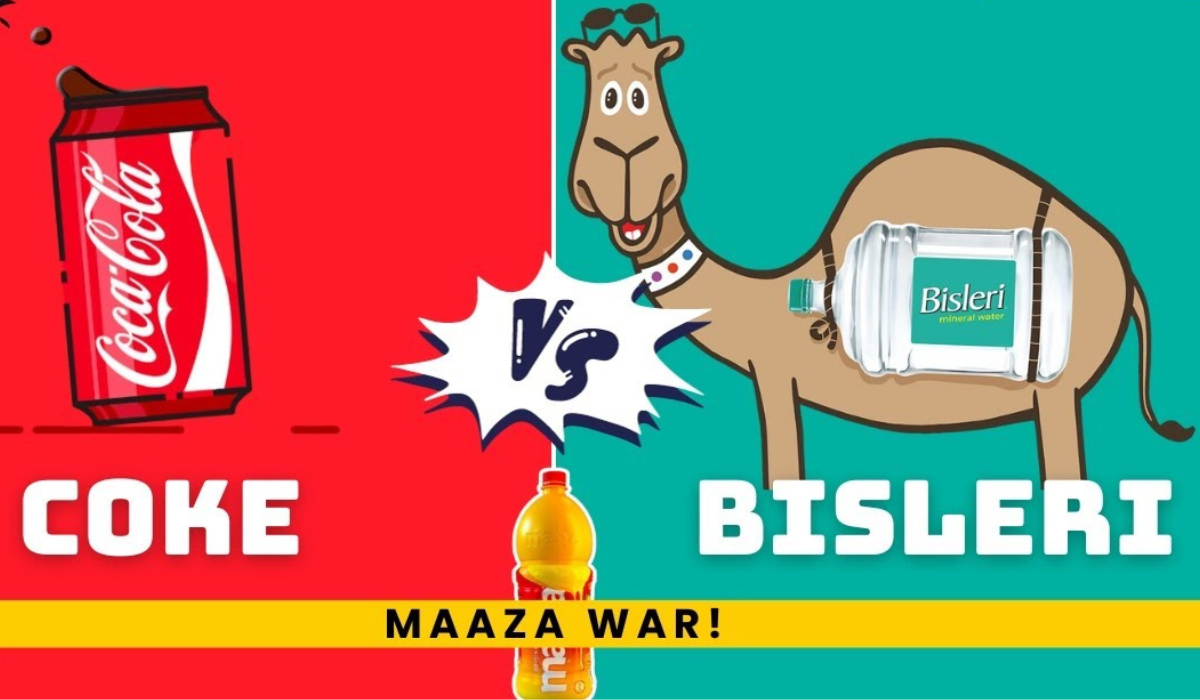
Coca-Cola quickly took legal action, securing a temporary injunction against Bisleri. The court ruled in favor of Coca-Cola, affirming their trademark rights and preventing Bisleri from using the Maaza name. This case underscored the importance of clear trademark agreements and the legal repercussions of attempting to backtrack on them.
-
Daimler Benz vs. Hybo Hindustan: A Star-Studded Dispute
In a bizarre twist, Daimler Benz, the maker of the iconic Mercedes-Benz cars, found itself embroiled in a legal battle with an undergarment manufacturer named Hybo Hindustan. The latter had been using the name 'Benz' and a logo strikingly similar to Mercedes-Benz’s famous three-pointed star for its line of undergarments.

The court swiftly ruled in favor of Daimler Benz, recognizing the international reputation of the Mercedes-Benz trademark. It emphasized that the 'Benz' name was unmistakably associated with luxury automobiles, not underwear, and granted an injunction against Hybo Hindustan. This case highlights the far-reaching influence of well-known trademarks and the absurdity of trying to piggyback on their fame in unrelated industries.
-
Starbucks vs. Sardarbuksh: The Coffee Conundrum
Another quirky trademark clash involved Starbucks and a local coffee shop chain named Sardarbuksh. Starbucks, having registered its trademark in India in 2001, took issue with Sardarbuksh’s name and logo, which featured a turbaned figure in a circle, bearing a suspicious resemblance to the iconic Starbucks logo.
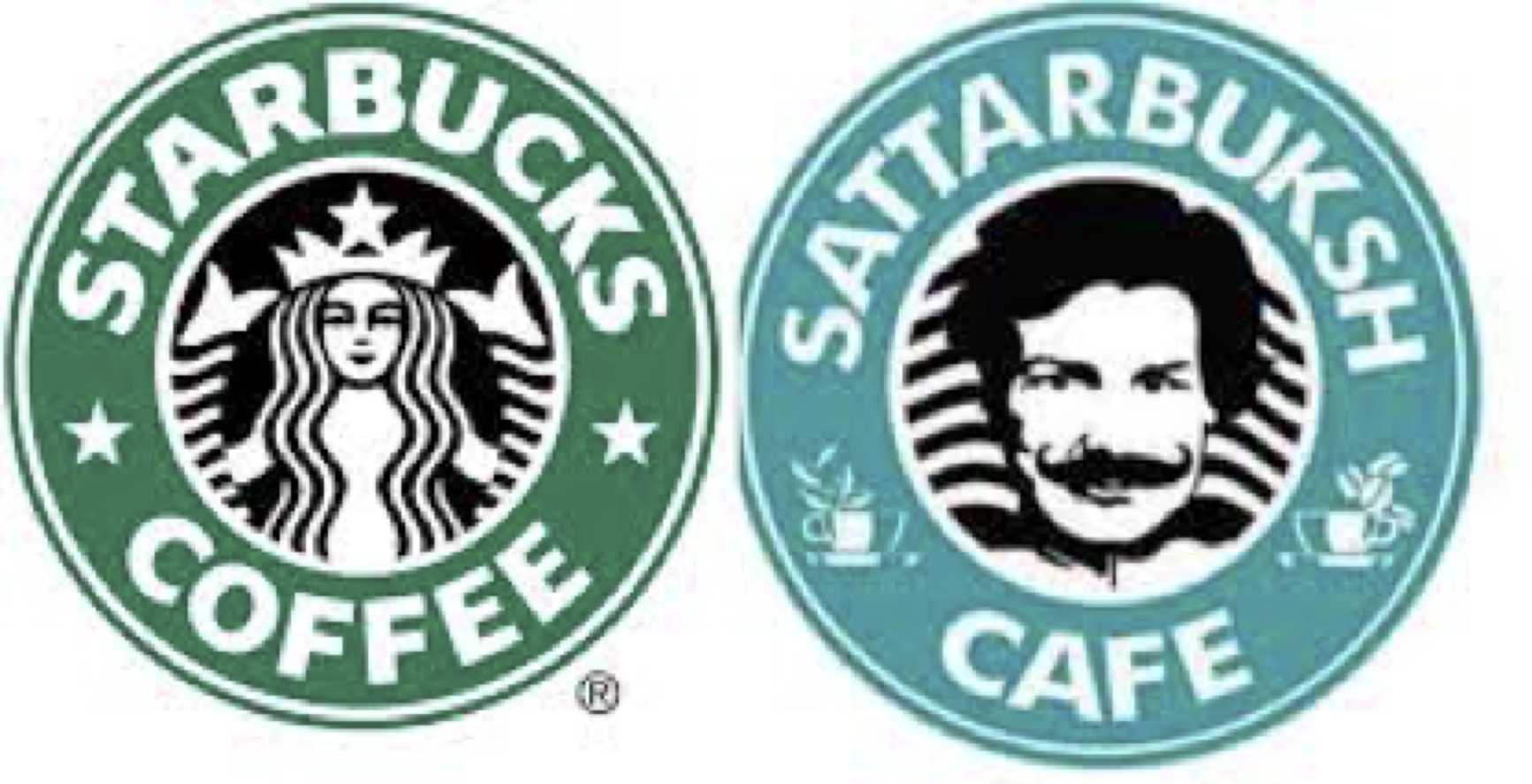
Despite a demand letter from Starbucks, Sardarbuksh initially responded by changing its logo's color scheme rather than its design. This half-hearted attempt did not satisfy Starbucks, leading to a legal battle in the Delhi High Court. The court sided with Starbucks, ruling that the similarities were likely to confuse an average customer and thus constituted trademark infringement. This case serves as a humorous yet stern reminder that even small changes in branding might not be enough to avoid legal trouble.
Trademark Act of 1999
In India, trademarks can be registered under the Trademarks Act 1999. Owners of trademarks must apply to the Registrar of Trademarks to accomplish this. Following application review, the trademark will be made public in the official trademark journal by the Registrar. Once a trademark is published in the Trademark Journal, anybody may contest its registration. Such oppositions or challenges ought to be sent to the Trademark Registry, the place where the first application was filed. In the event of opposition, a hearing will be held by the trademark registrar to address the matter.
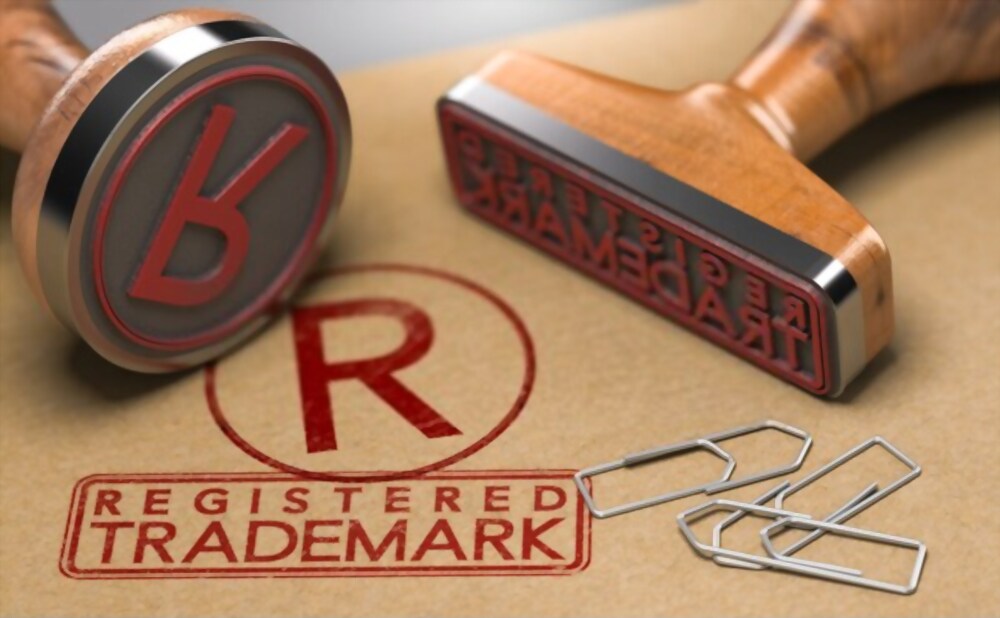
Section 21 of the Trademark Act states that 'any individual' may oppose a trademark, regardless of economic or personal interest. A trademark can be contested by a competitor, client, member of the public, or any other individual. Additionally, the party opposing the trademark must be the previous owner of a registered trademark. Following the filing of a trademark opposition, it is up to both parties to decide whether to register or abandon the trademark.
Lessons from the Trademark Trenches
The resolution of the BharatPe and PhonePe trademark disputes demonstrates the value of amicable settlements in business. Both businesses are now free to concentrate on development and innovation rather than litigation. Similar to this, the other trademark disputes—Coca-Cola v. Bisleri, Daimler Benz vs. Hybo Hindustan, and Starbucks vs. Sardarbuksh—emphasize how important it is to safeguard one's brand identity in a market that is becoming more and more competitive.
Businesses must be diligent in safeguarding their trademarks in the era of digital marketing, where a brand's online presence is crucial. Even though these instances are frequently amusing in hindsight, they teach important lessons about the necessity of a strong legal strategy to protect a company's brand and identity.
Inputs by Agencies
Image Source: Multiple Agencies
Ⓒ Copyright 2024. All Rights Reserved Powered by Vygr Media.

